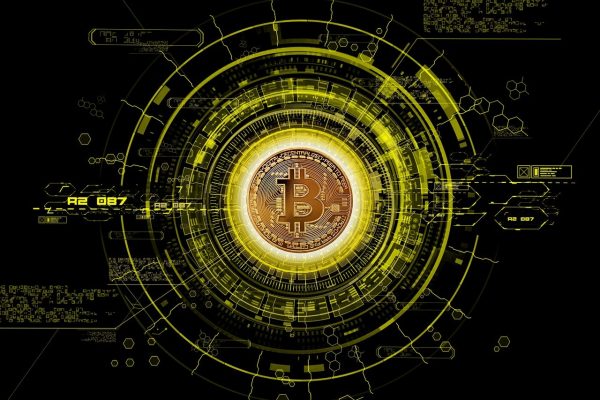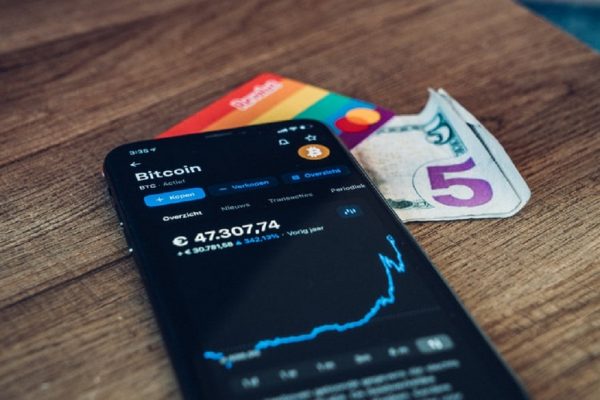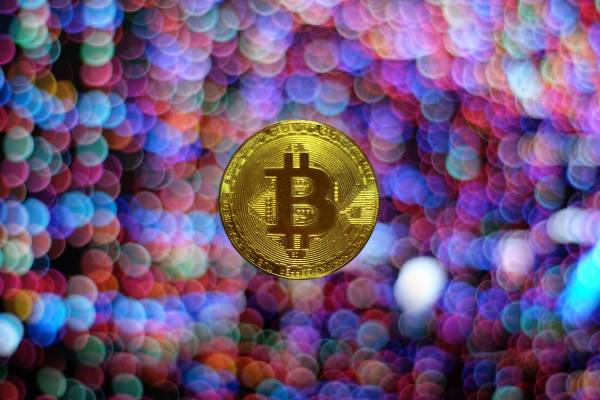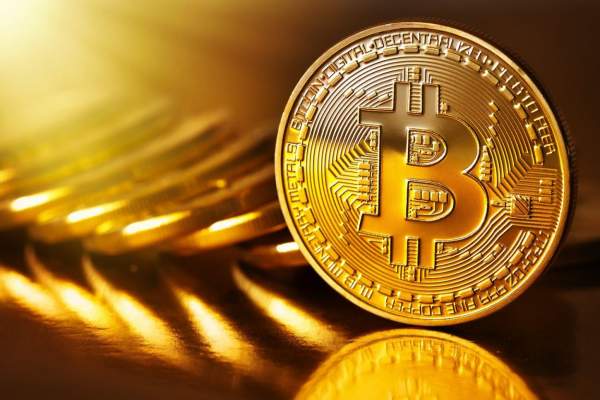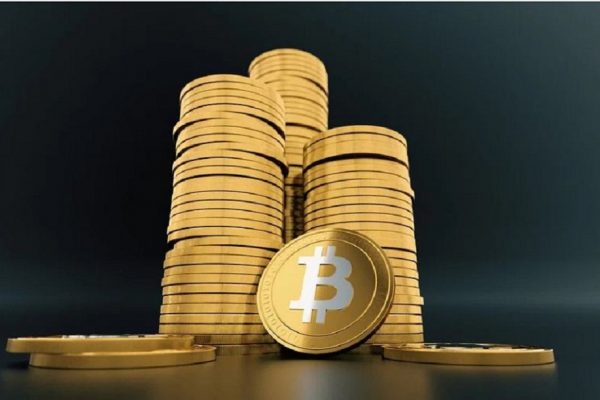Bitcoin is a decentralized peer to peer electronic cash, without a central authority deciding on its course nor a middleman who’s needed to approve transactions. Bitcoin can be transacted freely among users (free as in freedom). Its amount is limited to only 21 million Bitcoin. With currently 8 billion people in the world, that’s not a lot, let alone the 11 billion with whom we will be by the year 2100.
After the 2008/9 financial crisis, the public confidence in government regulators was at a historic low. The public felt betrayed by the regulators who were created to protect them. In the aftermath of the financial crisis, a person going by the name of Satoshi Nakamoto created Bitcoin, a decentralized digital currency with no single regulator.
Bitcoin Do’s and Don’ts
- Trade or invest only in bitcoin as a long term investment. Altcoins are copy-cats, scams or simply nonsensical, avoid them.
- Don’t trade or invest into bitcoin more than you can afford or willing to lose. Generally, it is advisable not to invest more than 10% of your funds into bitcoin. We don’t recommend day-trading or betting on crypto.
- Only use non-custodial wallets to store your bitcoin. Don’t leave your bitcoin on a crypto exchange after buying. Use cold wallet such as Trezor for long term investment. Always have safe backups for when your wallet gets lost.
In the beginning, not many people took Bitcoin seriously. It actually took 2 years for Bitcoin to reach a value of 1 USD. Not many people were understanding Bitcoin. That problem persists, although thankfully that’s changing rapidly. Let’s look more closely at how Bitcoin works and how you can make it work for you. Have a look at this video below or continue reading.
Contents
Bitcoin: Digital Scarcity
Bitcoin can become the best money humanity has ever had. Bitcoin distinguishes itself especially as a savings technology. It captures and saves energy and stores energy as money. It’s also a hedge against inflation. Thanks to its inherent scarcity, bitcoin’s value is expected to continue to rise over time.
The most important feature of Bitcoin is that it creates digital scarcity. There will only be 21 million coins maximum. Each bitcoin can be divided into 100 million satoshis, which would be in total around 350.000 satoshis per person in the world. At the beginning of 2022 the total amount of Satoshis was almost 240,000 per person.
It is even estimated that at least 4 million bitcoin is actually lost (“burned”). These bitcoin are still on the blockchain, but nobody has the private keys to this address. These bitcoin still exist in fact, and can be seen, but are considered lost since nobody can move them.
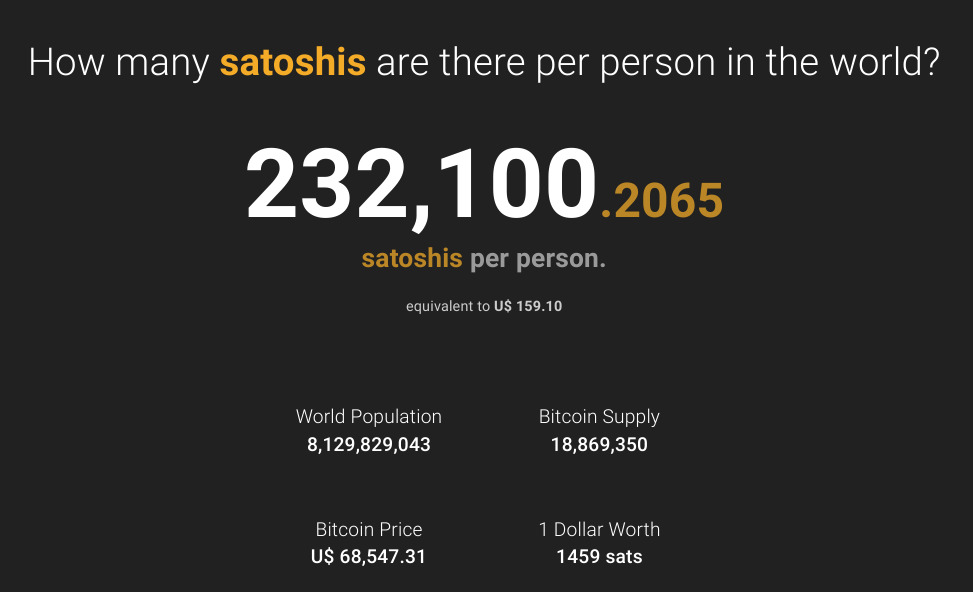
Bitcoin: How it Works
Bitcoin wouldn’t exist if it wasn’t for its blockchain. The blockchain contains all the data of the Bitcoin network. To have access to bitcoins inside the blockchain, you need to have a private key. Only with this private key, you can get access to those bitcoin that belong to that same key. In fact, if you’d say you own bitcoin, what you actually are saying is that you own the private key to those bitcoins.
With a private key, you can transact those bitcoins to another address inside the blockchain. All bitcoin can be send unlimited over the network, but in order to make transactions you must have access to its private key. If you shared your private key (you would give it to someone), that other person will have the same access as you and can move your bitcoins to a different private key, leaving your private key with access to nothing. In other words, your bitcoins have been sent to a different address with a different key.
To get even more precise: sending bitcoin to another address actually means that you create a signature with your key. When done online, this signature is then automatically submitted to a bitcoin node. Bitcoin nodes validate transactions.
Bitcoin: How to Store it
As Bitcoin gets stored in the blockchain you also need access to your bitcoin. It’s important to understand though that you cannot own bitcoin in your pocket. You can only store your access to your bitcoin. This is done with private key access. You need a good place to store your private keys.
A bitcoin wallet is where you store your private key and hence your access to bitcoin. You can save this access in a wallet. You can also send bitcoin to other people’s wallets as well. Therefore, the bitcoin wallet needs to be easy to access, easy to use and secure.
Bitcoin Rewards and Hodlers
This process of an increasingly lower supply is further enhanced as more people become Hodlers; they are convinced that they want to store their Bitcoin, and not offer them on the market. For this purpose they use Bitcoin hardware wallets.
Miners often use the majority of their Bitcoin reward to keep their operation running. Every 3 years there is an automated process happening called “The Halving”. This means that the rewards that miners receive is 50% less bitcoin. This reward halving ensures that the pace of bitcoins that are released in the network keeps on slowing down, and hence the scarcity of Bitcoin goes up.
As a consequence of the halving you can witness a new major market bull-run on Bitcoin, starting a short period after each halving event. This means that the price goes up steeply since supply decreases drastically after the halving has passed.
Bitcoin: How it is created
New bitcoin gets created (“released”) every 10 minutes on average. They come into existence as a reward for the bitcoin miners. A bitcoin miner is a computer that makes the calculations to guarantee the safety of the network. On average every 10 minutes a new block is mined ensuring your transaction is successfully stored inside that particular block of the blockchain.
The amount of bitcoin that gets released is programmatically capped. It’s also getting less and less over the years. This ensures that the supply of new Bitcoin is increasingly slowing down. When there are no bitcoin left to “mine”, the miners still get rewards though, in the form of transaction fees.
Miners do not have to worry about bitcoin running out. If the release of new Bitcoin eventually has come to an end, the miners will still get the rewards from the transaction fees.
Bitcoin and energy use
A block stores all transactions done in the time needed to mine this block. The mathematical calculation needed to mine this block, safeguards the correctness of this block and thus the transactions stored in this block. And so, basically, this is how Bitcoin creates a publicly accessible and verifiable database of transactions. This is in fact what constitutes the blockchain.
Bitcoin mining power use
The massive amount of calculations are using a lot of energy. Some people are upset about this. But if you look closer into this:
- Bitcoin mining is a highly competitive industry, forcing miners to move to the cheapest forms of energy, in most cases this is environmentally friendly.
- Bitcoin mining itself is also highly mobile, moving to places close to energy sources where energy is otherwise wasted (think of gas-flaring in Texas). Bitcoin mining can also be used by local communities to create wealth by using the surplus of energy (for example at night) to store bitcoin.
- If we as the whole of humanity want to move up on the Kardashev scale we better start using and controlling a lot more energy soon.
Bitcoin is a state of mind
Bitcoin ensures the sovereignty of itself lays with its users. Ownership and governance of bitcoin is distributed among users, nodes and miners. There is no government that can take over. Therefore, since its beginning, bitcoin is embraced by anarchists and libertarian social and economic schools of thought. More and more, human right activists are also getting aware of the power of bitcoin for free movement of human interactions. It ensures yet another freedom.
Bitcoin isn’t neither socialist nor capitalist. It’s a deflationary global currency or asset that enables more freedom for the people adopting it. Regardless which state or government implements it, bitcoin actually creates more financial freedom for its people. As such it’s also called a Financial Trojan Horse for Freedom.
Further Reading
- The Bullish Case for Bitcoin
- The Bitcoin Standard – The Decentralized Alternative to Central Banking.
- Book: Inventing Bitcoin – The Technology Behind The First Truly Scarce and Decentralized Money Explained. Get it for free at Swanbitcoin.com.




